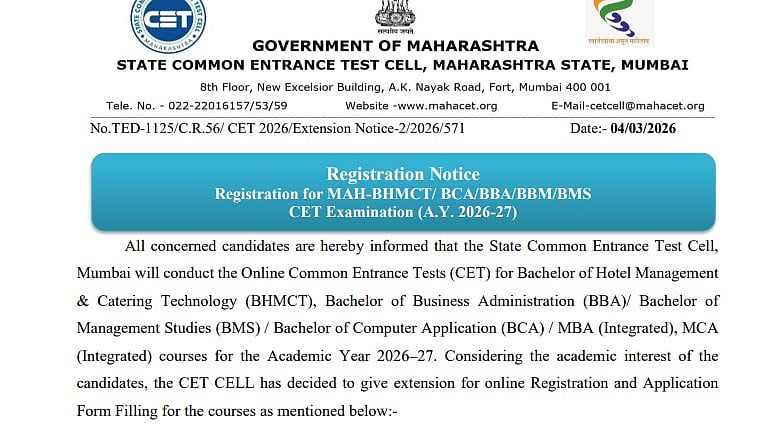The Reserve Bank of India (RBI) has provided a 15-day relaxation period to Paytm Payment Bank, extending the deadline from the initial date of February 29 to March 15, 2024. This decision comes as part of ongoing discussions and regulatory measures involving Paytm.
The RBI issued a Frequently Asked Questions (FAQ) document addressing various aspects of the Paytm case, providing clarity and guidance amid the evolving situation.
The extension allows Paytm additional time to address regulatory concerns and ensures a more comprehensive resolution process. The RBI's issuance of a FAQ document further emphasizes its commitment to transparency and communication in managing the intricacies surrounding the Paytm case.

RBI Imposed Restrictions On The Payments App
Earlier, in an official statement issued on Wednesday, January 31, the Reserve Bank of India (RBI) declared that Paytm Payments Bank Ltd is prohibited from accepting deposits or facilitating credit transactions, including top-ups, in customer accounts or associated prepaid instruments like wallets and FASTags, beyond February 29.
The RBI's decision to ban Paytm Payments Bank is reportedly regarding money laundering and suspicious transactions involving significant sums of rupees. Allegedly, concerns have raised from the interchange of funds between the well-known Paytm wallet and its less-prominent banking counterpart.
Reports suggest that Paytm Payments Bank had numerous accounts lacking compliance with Know Your Customer (KYC) requirements, with instances of a single Permanent Account Number (PAN) being used for opening multiple accounts. Furthermore, transactions exceeding regulatory limits in minimum KYC pre-paid instruments, totaling crores of rupees, have raised red flags, intensifying worries about potential money laundering.





